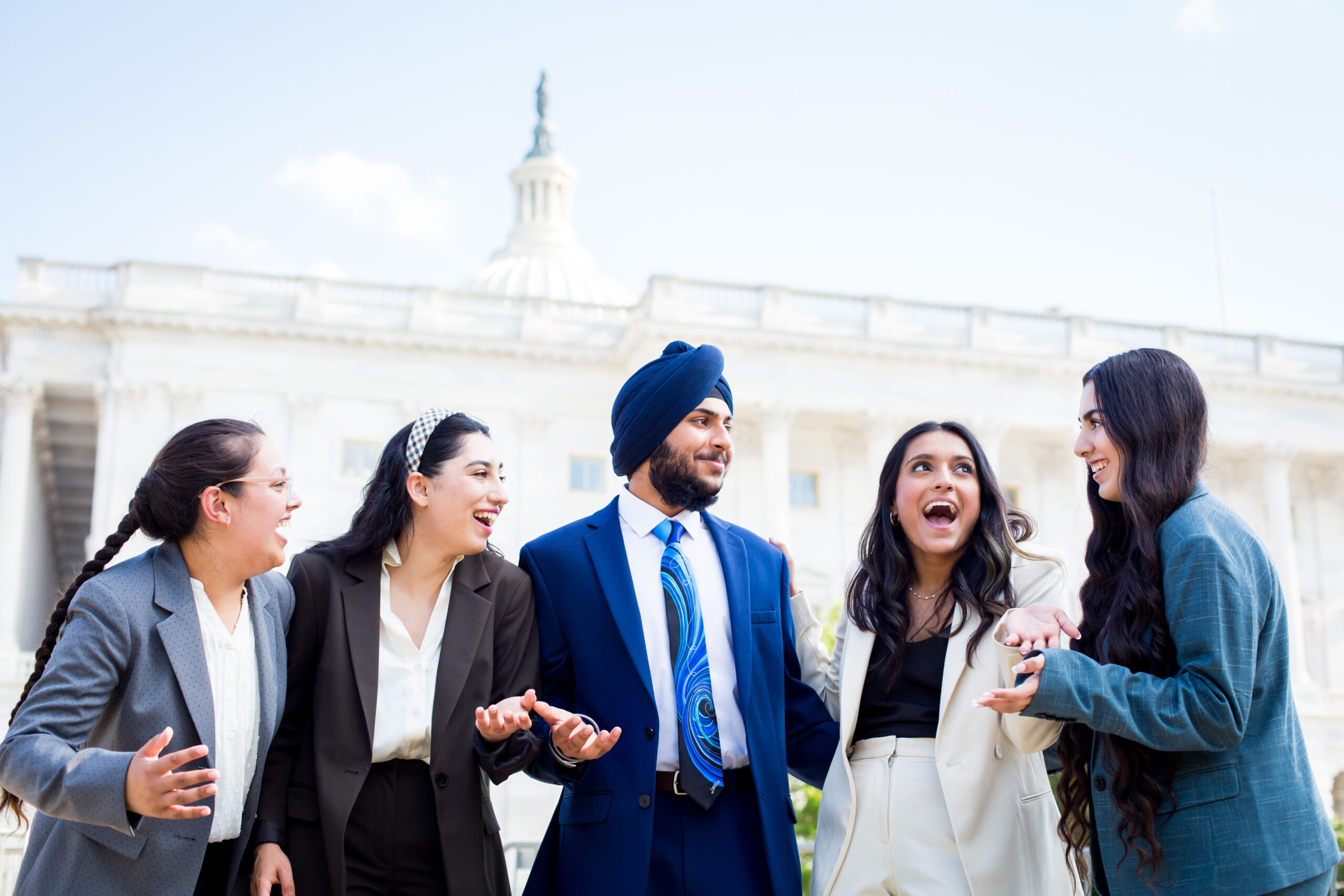Satpal Singh Kohli was about to board a Southwest Airlines flight from Albuquerque, N.M., to Los Angeles Oct. 22, when ground crew at the security gate demanded that he hand over his turban to them before he enplaned. When Kohli protested, telling them that as a Sikh his religion forbade him from baring his head in public, the agents insisted that he do as he was told. Kohli said that they told him that he would have to fly minus his turban, which would be returned to him at the Los Angeles airport. Kohli said he told them that he had flown Southwest from Los Angeles to Albuquerque just two days earlier and “my turban wasn’t an issue then.” He also told them that he had to make that flight because his elderly father, who was home alone in Los Angeles, needed to be given medication and may even need to be hospitalized. When Kohli realized he was getting nowhere with the agents, he asked to see their supervisor. He said he was told that if he had a complaint, he should call customer service, Kohli said in a e-mail he sent to India-West. The agents told him that if he wanted to make that flight, he would have to submit to a complete turban and hair search. Because of his father’s medical condition, Kohli said he reluctantly agreed, but requested that it be done in a private area, out of view of the other passengers. Kohli said the agents told him there was no private area and that the search would be done at the security area behind the counter. He said an agent not only searched his turban thoroughly in full view of the other passengers and ground staff, she also searched his hair, before allowing him to board the plane. “My sentiments were hurt,” Kohli said. “In my whole life I have never been humiliated like this.” Kohli said that in pulling him over for a check, the agent had told him he needed to have his bag searched, not his turban or his hair. Yet, after searching his turban and hair, they waved him through, without checking his carry-on bag, according to Kohli, who works as a travel agent. When he arrived in Los Angeles, Kohli said he went to Southwest’s customer service center and told the two men there — the customer service supervisor and station manager — about what he had been put through. Both men, as well as the captain of the plane who happened to stop by, agreed that turban searches were not a part of the new security requirements, Kohli said. He said they apologized for what had happened. Called for a comment, Linda Rutherford, a Southwest Airlines spokeswoman in its corporate headquarters in Dallas, Texas, told India-West that following the Sept. 11 terrorist attacks on America, there has been some new Federal Aviation Administration-mandated procedures “regarding passenger profiling.” She said she was not aware of the Kohli incident, but noted that “if a passenger had been flagged as a selectee, there would have been additional security checks.” She said she was not sure if those additional checks are triggered by what a passenger wears or what he or she looks like. “Certainly, it could be a bit awkward for passengers to have their personal belongings searched in front of other passengers,” Rutherford acknowledged, adding: “It is certainly not our intent to embarrass our passengers.” Manjit Singh, executive director of the Maryland-based Sikh Media Watch and Resource Task Force, told India-West that since the Sept. 11 attacks, his organization has received at least a dozen complaints similar to Kohli’s. “We are very disturbed by what’s happening,” Singh said. He said his group plans to meet with Norm Mineta, Secretary of Transportation, as well as with FAA officials to make them aware of what was happening. “A Sikh should never be forced to remove his turban,” Singh said. “It’s a religiously mandated headdress.” He said turban searches should only be done if the metal detector beeps. Security agents, he said, should first do an electronic check, then pat down the turban if they suspect something, and only as a last resort should they ask the passenger to remove his turban. Since Sept. 11, Sikhs nationwide have become targets of hate crimes in the U.S., as people misidentify them as Taliban supporters because of their beards and turbans. A number of them have in recent weeks reportedly set aside their turbans and concealed their tresses under baseball caps.
